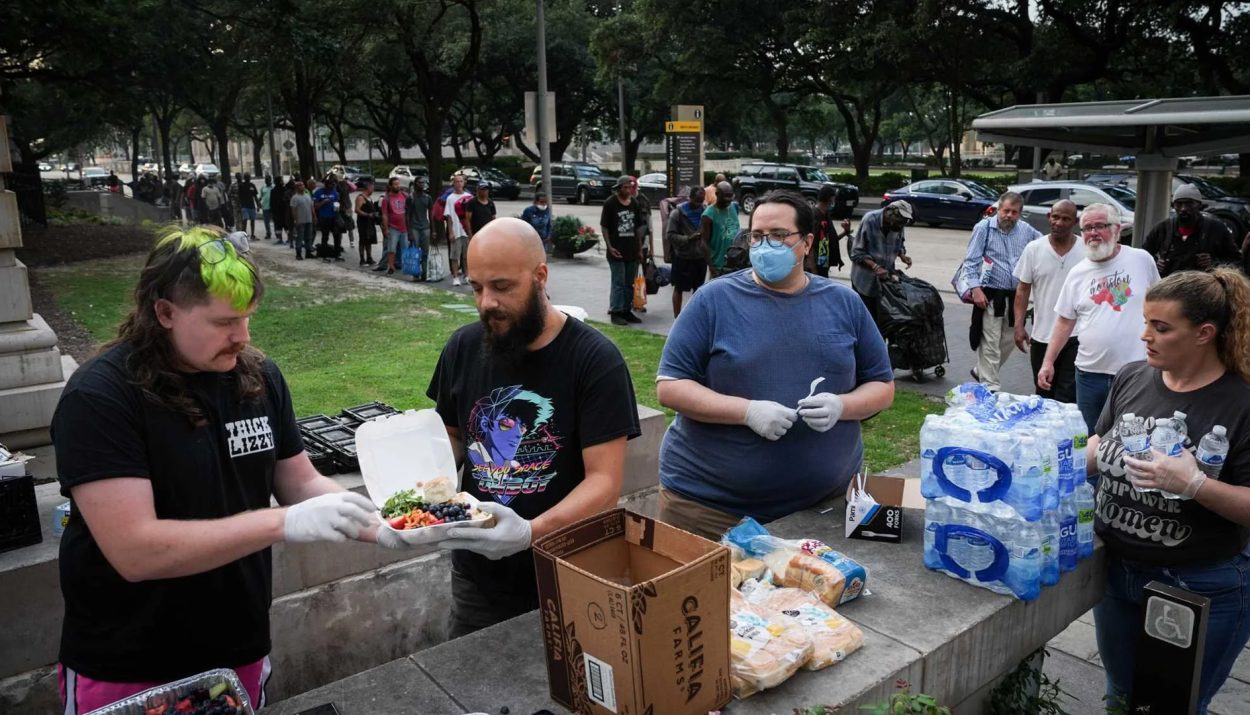The recent court case has drawn a lot of attention because the trial was postponed due to unexpected developments. The defendant, Elisa Meadows, had been given a fine for feeding homeless people near a library. The jury, however, objected to such punishment leading to a delay in the trial. This lawsuit thus raises issues about what is right or wrong in legal terms and how moral one can get by punishing charity.
The Case: Feeding the Unhoused
Elisa Meadows and other Food Not Bombs volunteers have been serving meals for homeless people outside Houston’s Central Library for almost two decades now. Food Not Bombs is an all-volunteer movement that recovers discarded food and serves free vegetarian and vegan meals to hungry people.

They serve in more than 1,000 cities in 65 countries as an expression of protest against war, poverty, and the destruction of the environment. Nonetheless, they found themselves opposed to the law enacted in 2012 banning the distribution of meals without permission.
The Law on Feeding the Homeless and Its Implications
This legislation reveals that it is illegal to feed more than five people on public or private land without getting consent from the owners since 2012. The law was enacted with the aim of protecting public health with food poisoning being among its concerns.
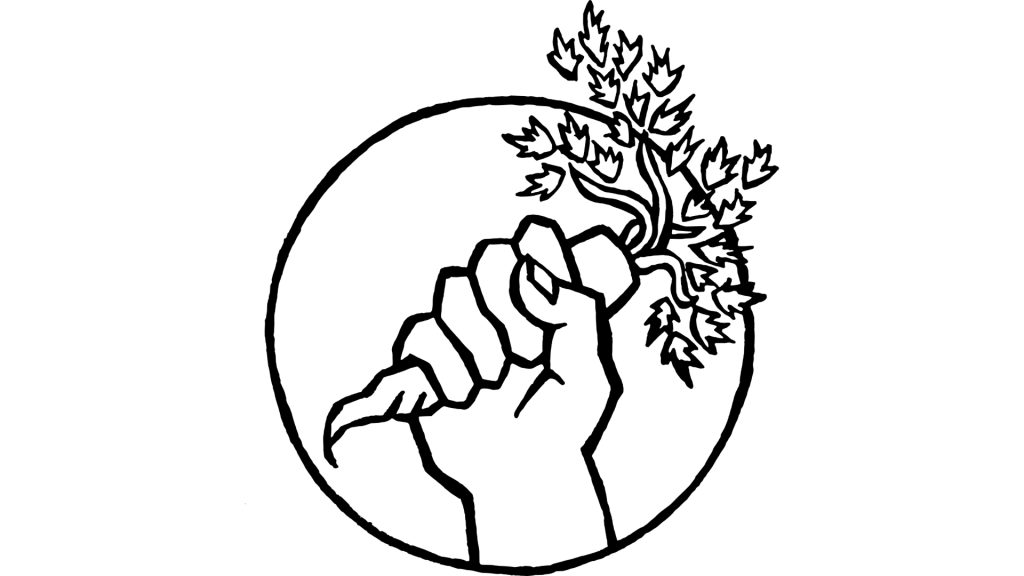
However, this provision has met criticism, especially from those who think it unfairly punishes kindness towards homeless individuals (Hartman). As such, there have been countless citations and fines served on Food Not Bombs’ volunteers in connection with the enforcement of this statute.
The Trial and the Jury’s Stand
Upon commencement of the hearing; it turned out that many possible jurors would not impose upon Ms. Meadows, if found guilty, a $500 charge according to legal advice which signifies the presence of any crime. Consequently, the trial was delayed. In this specific case, the jury’s decision reflects just one example of jury nullification.
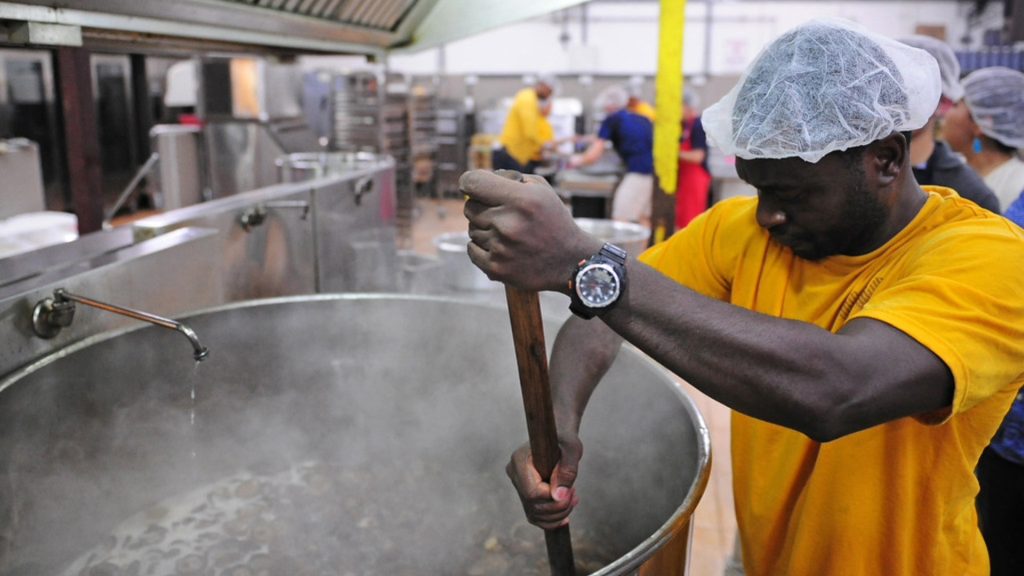
The latter is when a jury ignores the law by refusing to convict a defendant even if they have broken it, usually because they see the law itself as wrong or has been misapplied. This trial has shown that the jury holds sway over what happens in court and can challenge the validity of certain laws when they think such laws are unfair.
What Is Jury Nullification?
Jury nullification refers to a legal concept whereby a jury decides that a given law is not humane, is unconstitutional, or punishes beyond their own accepted sense of morality. Jury nullification can occur in both civil and criminal trials. In cases where there is jury nullification, the accused in the case will be declared “not guilty” of any crime charged against him/her.
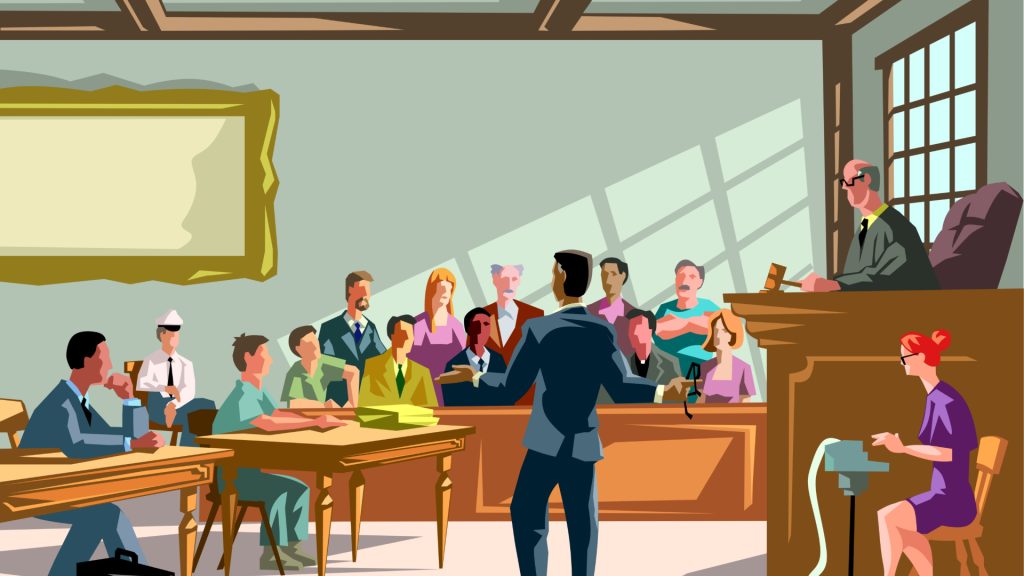
The verdict will be given even though the jury knows that he or she did commit some kind of offense. Any jury can exercise its right to nullify. In America, juries do not always receive instructions on their ability to nullify during their service.
The Power of the Jury
The jury has a vital function within the legal system. They have the power to judge the evidence and whether witnesses are trustworthy or not. The law is then given to potential jurors who in turn apply it to those facts. The trial judge instructs them about the applicable law through his charge or jury instructions.

Jurors take an oath to follow this instruction throughout their duty with impartiality. But if they think some of these laws are unfair, juries can override or nullify them even if they have been passed by the legislature.
The Debate Around Jury Nullification
Jury nullification is a subject of much debate. Some people consider it to be a necessary safeguard against wrongful imprisonment and government tyranny; others argue that it undermines the legal system. A fear that jury nullification could also incite public violence is entertained by some individuals.
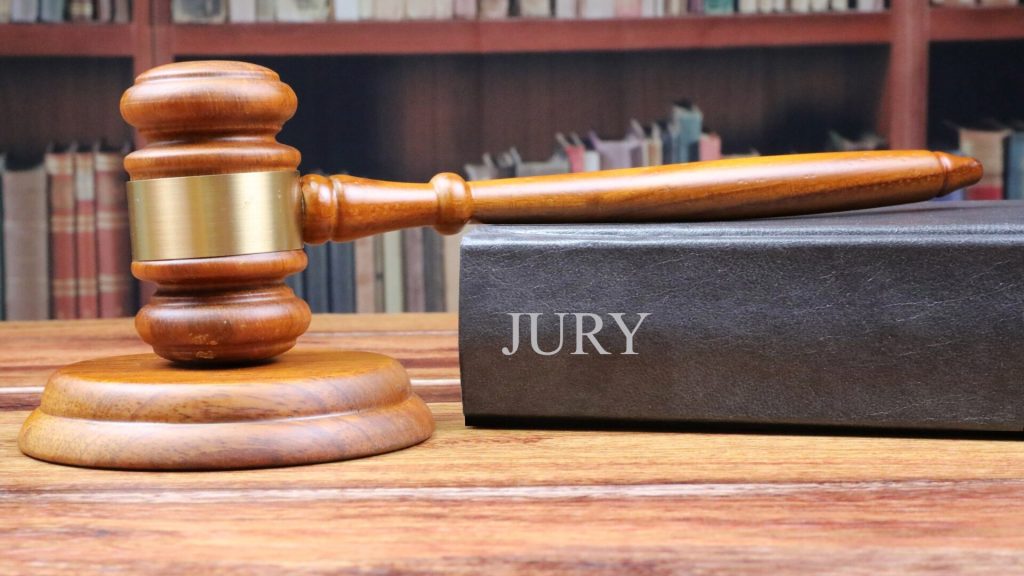
However, as unacceptable or strange as the jury decision might seem for some judges, they can still override it if they so wish. He will be able to sentence himself or he can act as a sort of check on the jury’s verdict so that they did not use an otherwise malicious sentence.
The Impact of the Nullification on the Case
The unwillingness of the jury in Meadows’ case led to the deferment of the trial. Whether this case will proceed remains unclear though. This matter highlights a bigger problem concerning feeding those without homes, which should be seen as humanity rather than criminality.
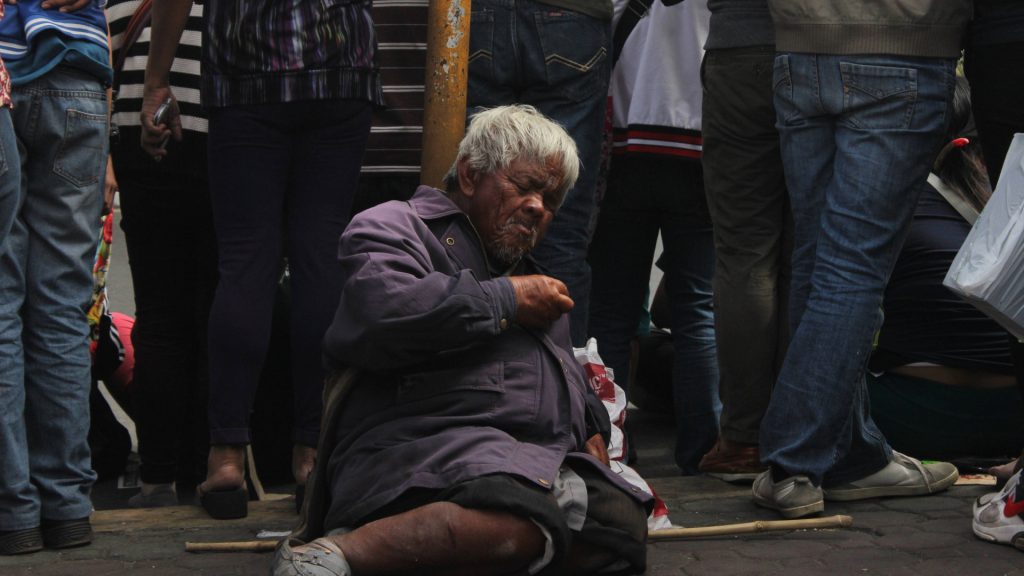
Food waste is a global issue and millions are starving worldwide thus there is clear discrimination even when innocent people feed those who have no home among them. This has resulted in multiple citations and fines levied on Food Not Bombs volunteers due to the enforcement of this law.
How Did The City Respond?
Despite this delay, Houston city has reportedly lost all 90 cases filed against volunteers from Food Not Bombs according to sources in the city administration. There seems to be a trend of acquittals that may lead to de facto invalidation of that law.

Two more cases were dismissed against Food Not Bombs for feeding the city’s unhoused community also known as homeless people living within its limits. Failure of this city repeatedly to secure convictions raises issues about the enforceability and validity of the law.
The Larger Issue: Feeding the Unhoused
This case brings out an overall idea about feeding those without homes. Therefore, when it comes down to it and all is said and done, you are left with one question: Why?
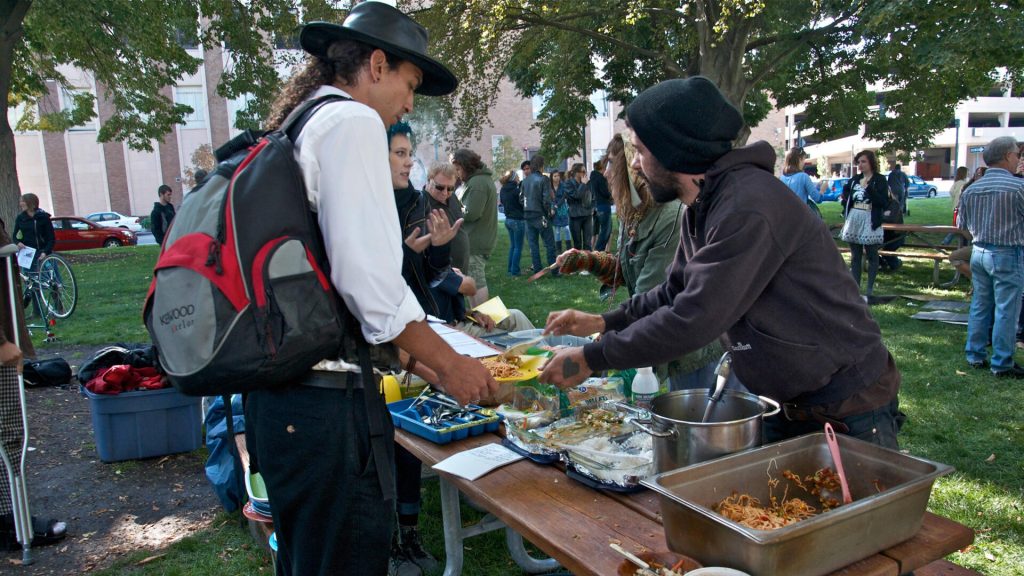
Unhoused individuals are provided with food, clothing, hygiene products as well as other life-sustaining items by many organizations including Feed My People and Mobile Loaves and Fishes. They hold the belief that providing a nutritious meal is not only for the body but also nourishes hope, compassion, and love of neighbor within everyone involved.
How The City Plans The Way Forward
The current Mayor John Whitmire has indicated his plans to meet with Food Not Bombs in a bid to strike a deal. This may eventually lead to a settlement that respects both the law and unhoused people’s rights.

Therefore, it would be wise to consider reconsidering the legislation in question in an attempt to come up with an appropriate solution that would enable them to feed street dwellers in a manner that is safe, respectful, and compassionate.
Call for Compassion and Justice
The case involving Elisa Meadows and the stand of the jury in her trial is a striking illustration of how the nullification of the jury can confront the application of laws that are thought to be unfair. It indicates that we need fair and compassionate laws, especially when they affect those who are most vulnerable in our society.

As we look ahead, it is essential that we keep on questioning and opposing statutes that appear to penalize acts of kindness and benevolence. For instance, feeding these less fortunate individuals must not be regarded as an offense but rather taken as a mere way of showing mercy for their plight since our world is so full of wastefulness regarding food while hunger remains an unsolved problem.

